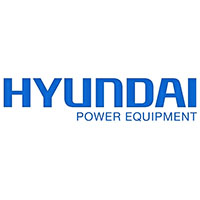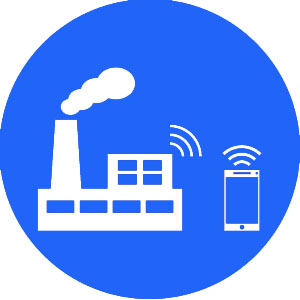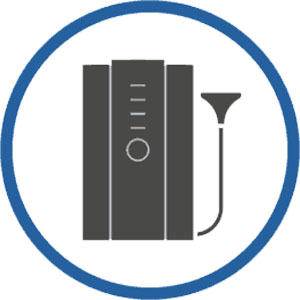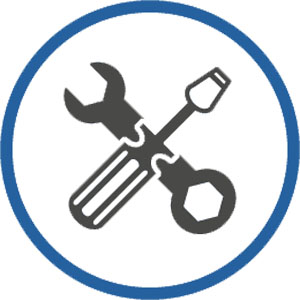Upgrading UPS Units: Avoiding Obsolescence and Meet Evolving Power Protection Needs
In today's rapidly changing business landscape, staying ahead of technological advancements is crucial for maintaining operational efficiency and ensuring uninterrupted power protection. As businesses evolve and grow, their power requirements increase, making it essential to assess and upgrade Uninterruptible Power Supply (UPS) units to align with evolving specifications. In this blog post, we will explore the importance of upgrading UPS units to avoid obsolescence and meet the ever-changing power protection needs of your business.

-
The Risk of Obsolescence: Technological advancements in UPS systems are continuously improving their efficiency, reliability, and performance. As a result, older UPS units may become outdated and unable to keep up with the increasing demands of modern business operations. Obsolete UPS units pose a higher risk of failure, limited compatibility with new equipment, and reduced availability of spare parts. Regularly evaluating and upgrading UPS units mitigates the risk of obsolescence and ensures reliable power protection.
-
Evolving Power Requirements: As businesses expand, their power requirements inevitably increase. Additional equipment, larger facilities, and growing data storage needs demand higher power capacities. Upsizing the UPS system through an upgrade enables businesses to meet these evolving power demands and provide sufficient power backup to support critical operations. By aligning the UPS unit's capacity with your business's growth, you can avoid power shortages, prevent downtime, and protect valuable equipment.
-
Enhanced Power Protection Features: Newer UPS models often come equipped with advanced features and capabilities that enhance power protection. These features may include intelligent monitoring, remote management, energy-saving modes, and improved battery management systems. Upgrading to a more advanced UPS unit ensures that your business benefits from the latest power protection technologies, enabling proactive monitoring, efficient energy usage, and optimised battery performance.
-
Improved Energy Efficiency: Energy efficiency is a critical consideration in today's environmentally conscious world. Upgrading to newer UPS units can result in significant energy savings through improved efficiency ratings and optimised operational modes. Energy-efficient UPS models help reduce electricity consumption, resulting in lower utility costs and a reduced carbon footprint. Upgrading not only aligns your power protection with evolving needs but also contributes to sustainability goals.
-
Minimising Downtime and Business Disruption: Downtime can have severe consequences for businesses, including financial losses, damage to reputation, and customer dissatisfaction. Upgrading UPS units in a planned and timely manner minimises the risk of unexpected failures and reduces downtime. By ensuring that your UPS system is up to date and properly maintained, you can mitigate the potential impact of power outages and maintain seamless operations, providing peace of mind to both you and your customers.
As businesses evolve, grow, and require increased power protection, upgrading UPS units becomes imperative to avoid obsolescence and align with evolving specifications. Upgrading not only mitigates the risk of system failures and downtime but also enables businesses to benefit from enhanced power protection features, improved energy efficiency, and the latest advancements in technology. By staying proactive in assessing and upgrading UPS units, businesses can ensure reliable power backup, meet expanding power requirements, and safeguard critical operations in an ever-changing business environment.


























